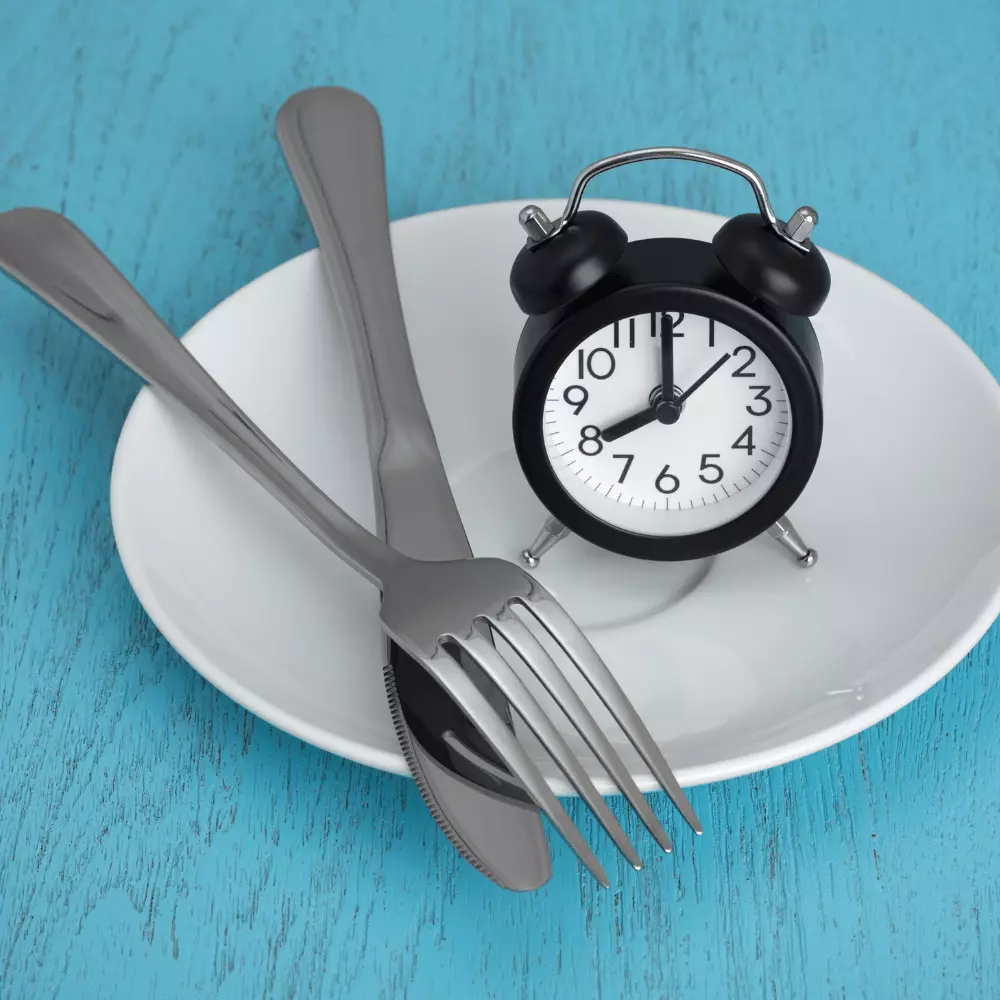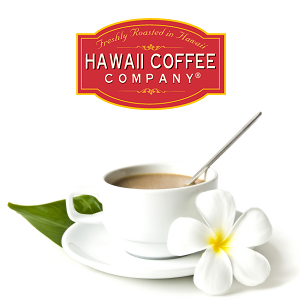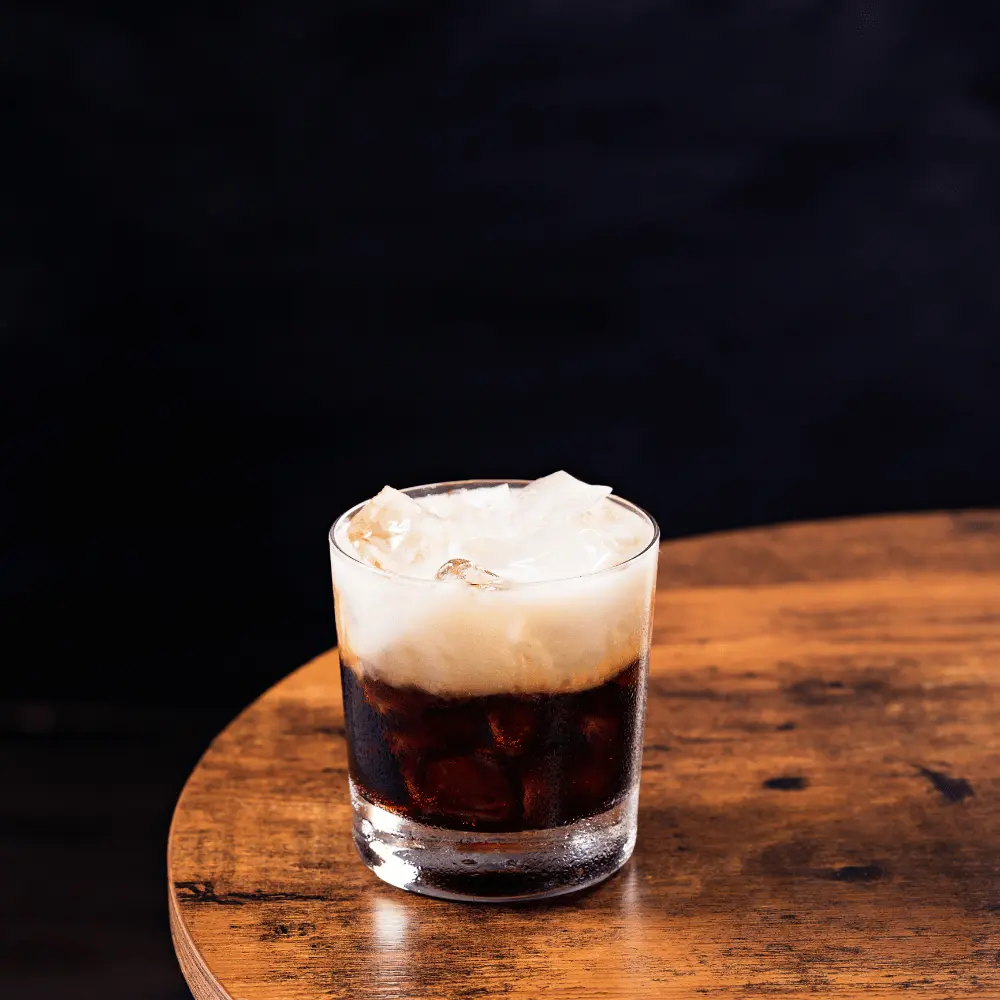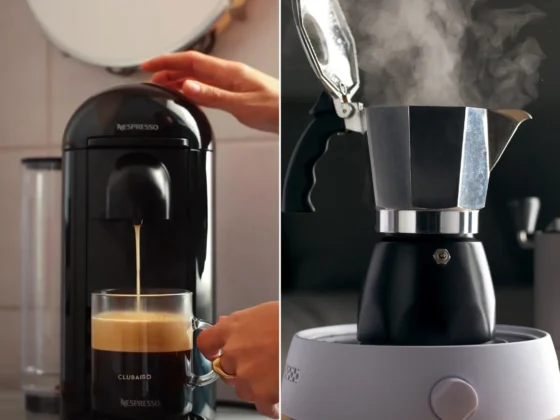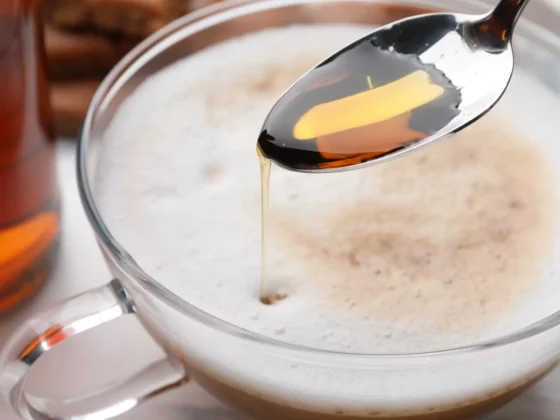When considering the realm of fasting, one question that frequently arises is whether coffee consumption is permissible. As a mainstay in the daily routines of many individuals, the act of fasting necessitates a significant shift in habits. It is therefore of utmost importance to comprehend the implications of coffee intake during a fast, including its effects on the body, the potential impact of adding creamer, and the optimal timing for consumption. Join us as we delve into the intricacies of the relationship between coffee and fasting, answering the question on everyone’s mind: “Can I drink coffee while fasting?”
A Comprehension of Fasting
Fasting is the act of refraining from sustenance, which can include food, beverages, or both, for a specified duration. An ancient practice that has spanned thousands of years and various religions and cultures, fasting has recently gained popularity as a means of improving health and achieving weight loss. In this segment, we will examine the fundamentals of fasting, encompassing its definition, the diverse types of fasting, the benefits it yields, and the prevalent reasons for practicing it.
What is Fasting?
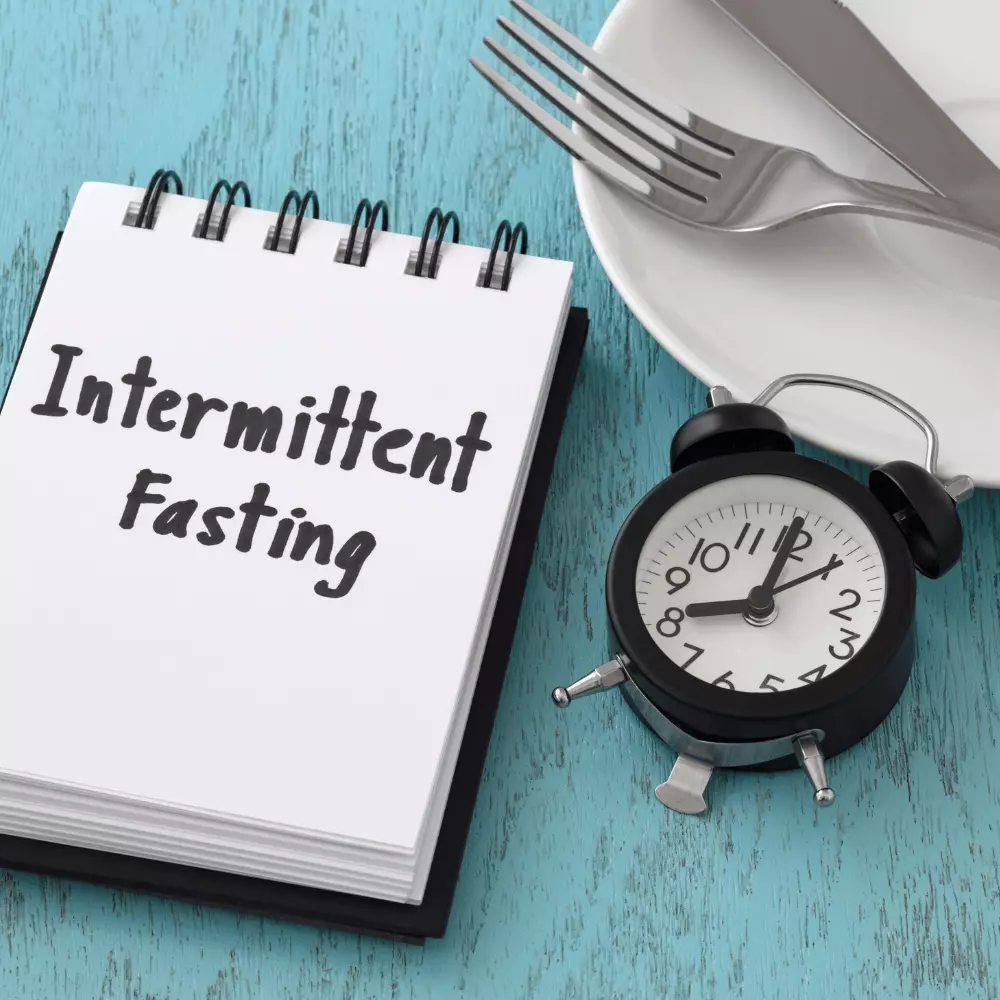
At its core, fasting is the act of voluntarily abstaining from food and/or drink for a set period. The duration of a fast can range from mere hours to several days or even weeks, and the goal is to achieve a multitude of benefits, such as enhanced health, weight loss, and spiritual growth. Its approach can vary considerably depending on an individual’s objectives and preferences. (1)
A Plethora of Fasting Types
Fasting, the act of either limiting or abstaining from food and beverages for a specified period, can be approached in a variety of ways with each type offering distinct benefits. Here are some of the most popular fasting types:
Intermittent Fasting
One of the most popular fasting types is intermittent fasting. It involves restricting food intake to specific time windows of usually 8 to 10 hours a day while fasting during the remaining hours. The 16/8 method is the most common approach to this type, whereby an individual fasts for 16 hours and consumes all their daily calories in an 8-hour window. This type of fasting has been shown to promote weight loss, improve insulin sensitivity, and decrease inflammation. (2)
Water Fasting
Water fasting, a type of fasting that requires a lot of preparation and caution, involves only consuming water for a specific period, usually ranging from 24 to 72 hours. it has been found to promote weight loss, improve mental clarity and focus, and encourage cellular repair and autophagy. (3)

Juice Fasting
Another type of fasting is juice fasting, where one consumes only juices and water for a specified period, usually ranging from 1 to 5 days. It restricts calorie intake while providing the body with essential nutrients. In addition, it has been found to promote weight loss, improve digestion, and boost energy levels.
Partial Fasting
Partial fasting, which involves limiting the intake of certain foods, such as meat or dairy products, for a specific period, allows individuals to consume some foods while avoiding others. It has been found to promote weight loss, improve digestion, and reduce inflammation.
It is vital to recognize that fasting can be difficult and may not be suitable for everyone. Before commencing it, consulting a healthcare professional is critical to ensuring it is safe for one’s particular needs. Additionally, it is essential to listen to one’s body and terminate fasting if any adverse effects arise.
The Plethora of Benefits of Fasting
Fasting has been associated with numerous health benefits, including weight loss, improved insulin sensitivity, reduced inflammation, and better cardiovascular health. Moreover, it has been found to promote cellular repair and autophagy, a process that eliminates damaged cells and supports the growth of new ones. Fasting has also been used as a spiritual practice and linked to improved mental clarity and focus.
A Myriad of Reasons for Fasting
Individuals fast for various reasons, including weight loss, improved health, religious or spiritual reasons, and personal development. Some fast to detoxify their bodies, while others fast to improve mental clarity and focus. Some people fast as a form of self-discipline and to break unhealthy eating habits. Familiarizing oneself with the common reasons for fasting can aid in selecting the best approach to achieve one’s goals.
The Intricacies of Fasting Mechanisms
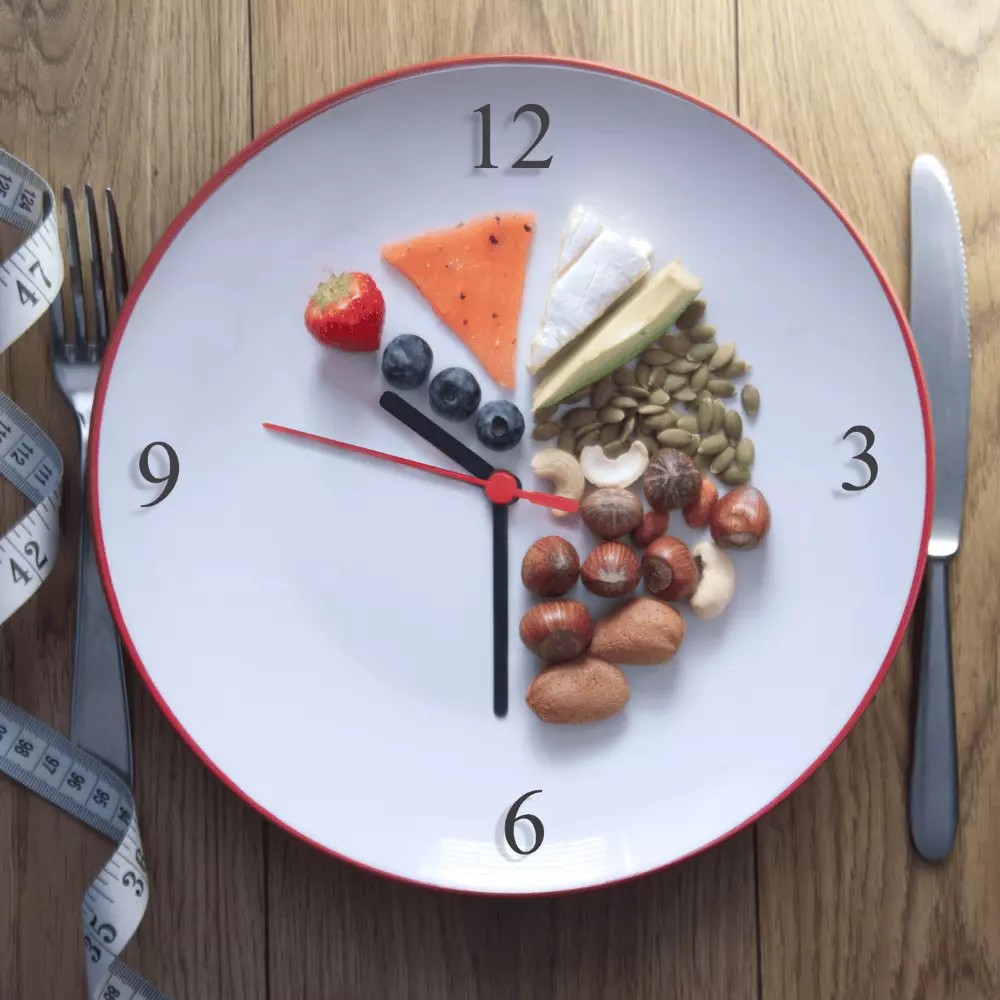
Fasting is a quintessential physiological process that occurs in the human body. This process entails a shift from glucose usage for energy to utilizing stored fat. The metabolic phenomenon of breaking down fats for energy is termed ketosis. The beneficial outcomes of fasting include weight loss, heightened insulin sensitivity, and decreased inflammation, among others. This section will drive into the complex scientific intricacies of fasting, how it impacts the body, and the experiences to anticipate during fasting.
The Physiology and Metabolism Underlying Fasting
Fasting operates by activating numerous physiological and metabolic mechanisms within the body. During the fasting period, the body pivots from glucose utilization to tapping into the stored fat reserves for energy. This transformation elicits the release of ketones, which the body utilizes as an energy source. Moreover, it induces cellular repair and autophagy, which is the process of disposing of damaged cells and stimulating the growth of fresh cells. Autophagy is a crucial mechanism that preserves optimal health and curbs the onset of illnesses such as Alzheimer’s and cancer.
The Multifaceted Effects of Fasting on the Body
Fasting has multiple effects on the body, such as weight loss, heightened insulin sensitivity, decreased inflammation, and an improved cardiovascular system. Additionally, it promotes cellular repair and autophagy, which is essential for maintaining optimal health. Interestingly, fasting has also been associated with increased mental clarity and focus. Nevertheless, it is crucial to note that fasting can have negative repercussions if not conducted appropriately. Some of the potential dangers of fasting are dehydration, dizziness, and low blood sugar levels. (4)
Experiences During Fasting
Fasting is no easy feat, and one may encounter several physical and mental symptoms. The symptoms of fasting are diverse and reliant on factors such as the fasting type, duration, and the individual’s overall health status. Some of the typical symptoms of fasting are hunger, headaches, dizziness, fatigue, irritability, and sleep disorders. These symptoms are transient and usually subside as the body adjusts to the fasting state. Nevertheless, it is imperative to listen to your body if any severe symptoms or adverse effects manifest. Also, hydration is crucial during fasting, and the consumption of electrolytes can prevent complications such as dehydration.
The Complex Relationship Between Coffee and Fasting
Coffee has long been an integral part of many individuals’ daily routines, prompting questions about whether it is permissible to consume coffee while fasting. However, the relationship between coffee and fasting is complex, and opinions are divided. This section delves into the intricacies of this relationship, examining whether coffee is allowed during a fast, the effects of coffee on fasting and whether black coffee, in particular, breaks a fast.

Can Coffee Be Consumed During Fasting?
Fasting refers to the practice of restricting food and drink intake for a specific period. However, its definition can vary depending on the context and personal goals. In the case of coffee and fasting, the definition of “fasting” remains a topic of debate. Some individuals view any calorie consumption, including coffee, as a breach of the fast, while others believe that black coffee is acceptable during a fast.
Defining Fasting in the Context of Coffee
For some, fasting means complete abstinence from food and drink, including water. However, others believe that certain beverages such as black coffee and tea are allowed during this period. Understanding the definition of “fasting” is critical when evaluating the permissibility of coffee during a fast.
The Effects of Coffee on Fasting
Coffee can have both positive and negative impacts on fasting. For instance, studies have shown that it can aid in weight loss, improve mental clarity, and reduce appetite. However, coffee can also cause dehydration, acid reflux, and other digestive issues. Additionally, adding cream or sugar to coffee breaks a fast by introducing calories and triggering an insulin response.
Does Black Coffee Break a Fast?
Whether black coffee breaks a fast depends on how one defines “fasting.” While some individuals view any calorie consumption as a fast-breaker, others consider black coffee an acceptable beverage during fasting. As black coffee contains few calories and does not trigger an insulin response, some individuals permit its consumption during a fast. Nevertheless, it is essential to note that adding cream or sugar to coffee breaks a fast by introducing calories and triggering an insulin response.
Adding Creamer to Coffee While Fasting
Coffee is a popular beverage enjoyed by many, and some individuals add creamer to their coffee for added flavor. However, adding creamer to coffee during a fast is a contentious issue. This section examines creamer, its effects on fasting, and potential alternatives during a fast.
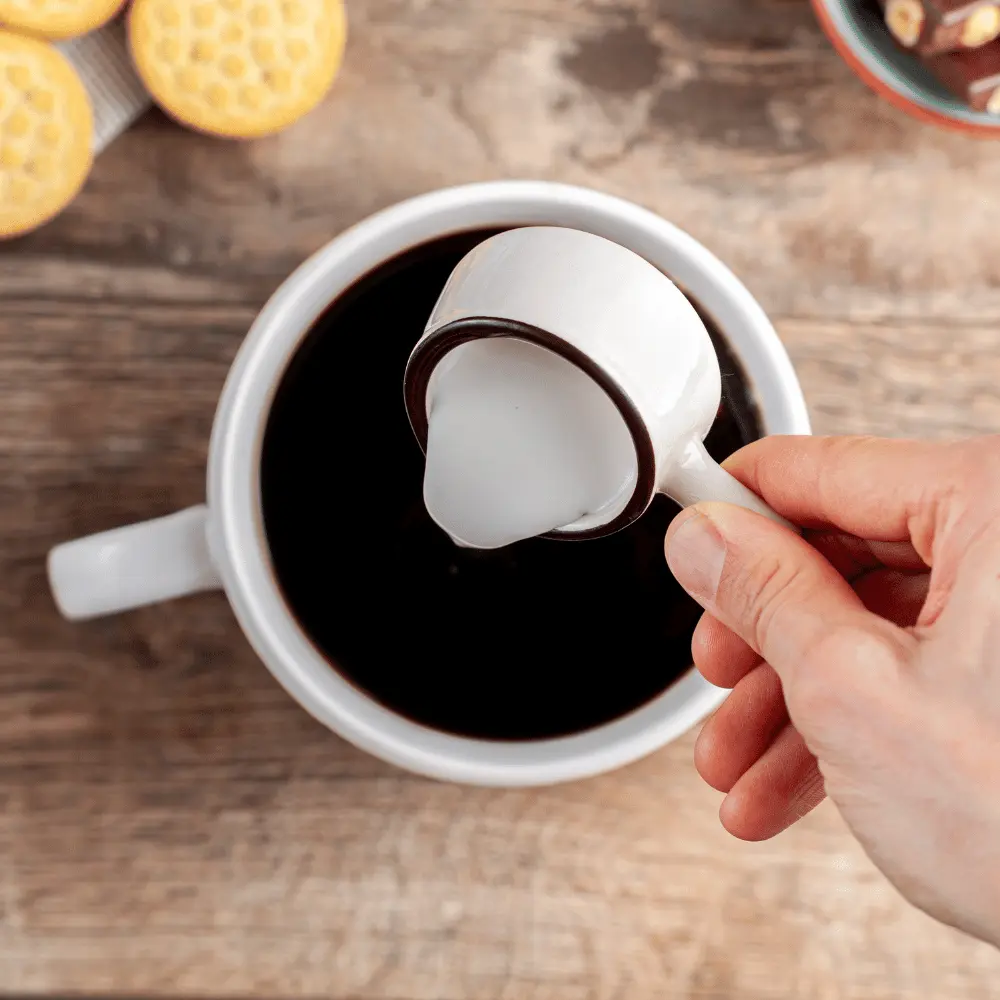
What is Creamer?
Creamer refers to a product, either dairy or non-dairy, that individuals add to their coffee to improve flavor and texture. Traditional creamer is made from dairy cream, while non-dairy creamer contains vegetable oils, sugar, and other additives. Creamer comes in various flavors, including vanilla, hazelnut, and chocolate.
The Effects of Creamer on Fasting
Adding creamer to coffee introduces calories and triggers an insulin response, breaking a fast. Non-dairy creamer, in particular, contains high levels of sugar and artificial additives, negating the benefits of fasting. Furthermore, creamer can cause digestive issues and dehydration.
The relationship between coffee and fasting is a complicated matter. While black coffee does not break a fast for some individuals, adding creamer to coffee during fast breaches the fast by introducing calories and triggering an insulin response. Understanding the definition of “fasting” in the context of coffee is crucial in determining whether coffee is allowed during a fast.
Exploring Options Beyond Creamer to Enhance Coffee Taste During a Fast
In the context of fasting, the addition of creamer to coffee is not permissible. Nonetheless, there exist alternative options that individuals can deploy to elevate the flavor of their coffee. Among these options, one that stands out as popular is black coffee, which contains an insignificant number of calories and is compatible with fasting protocols. In addition, natural flavorings such as cinnamon or nutmeg can be added to coffee to intensify its taste without adding calories or disrupting the fast. Unsweetened almond or coconut milk also provides a non-dairy alternative to creamer. These milk alternatives, which contain fewer calories than traditional creamer, are also less likely to interfere with a fast. However, it is imperative to scrutinize the nutrition labels of any product added to the coffee.
The Benefits of Consuming Coffee While Fasting

While some individuals believe that drinking coffee during fasting is counterproductive, others contend that coffee consumption can offer several benefits when observed during a fast. In this section, we will examine the advantages of consuming coffee during fasting, including the enhancement of energy and focus, reduction of appetite and food cravings, and promotion of weight loss.
Improving Energy and Focus
Coffee contains natural stimulants that can boost energy levels, improve mental clarity and enhance focus. During fasting, coffee consumption can help individuals feel more alert and focused, which can be advantageous in tasks that require mental concentration. Moreover, caffeine found in coffee has been found to boost metabolic rates and stimulate the burning of stored fat for energy, which can be an added advantage.
Reducing Appetite and Food Cravings
Coffee consumption has been shown to reduce appetite and food cravings, making it easier for individuals to adhere to their fasting regimen. In addition, caffeine found in coffee promotes the feeling of fullness, which can minimize the likelihood of overeating during feeding windows.
Facilitating Weight Loss
Weight loss is one of the most prevalent reasons for fasting. Coffee consumption has been demonstrated to facilitate weight loss by accelerating metabolic rate and promoting the burning of stored fat for energy. The caffeine in coffee has also been observed to reduce appetite and decrease the likelihood of overeating. Furthermore, coffee consumption can expedite and bolster weight loss efforts.
It is vital to note that although coffee consumption can offer numerous benefits during fasting, it can also pose some negative effects, including dehydration and digestive issues. Moreover, the addition of cream or sugar to coffee can contravene the rules of fasting and nullify its benefits. It is therefore essential to heed the signals of one’s body and cease coffee consumption if any adverse effects arise.
Guidance for Coffee-Infused Fasting

Coffee, a widely consumed beverage, is often included in the regimen of fasting individuals. However, the timing of coffee intake can significantly affect the efficacy of the fast. This section will drive into some tips for coffee-infused fasting, including the best time to drink coffee during a fast, the optimal timing for coffee consumption, considerations to make when selecting a coffee time, and the impact of coffee timing.
Best Timing for Coffee Consumption During Fasting
The ideal timing for coffee consumption during fasting is dependent on the individual’s objectives and the type of fast they are following. For individuals who are fasting for weight loss, drinking coffee in the morning can be advantageous. Studies have shown that morning coffee intake boosts metabolic rate and facilitates the burning of stored fat for energy. For individuals fasting for religious or spiritual purposes, the best time to drink coffee may vary, depending on their tenets and practices.
Optimal Time for Drinking Coffee
The most appropriate time to drink coffee during a fast is during the morning hours. Drinking coffee in the morning has been found to enhance metabolic rate and encourage the breakdown of stored fat for energy. Furthermore, morning coffee consumption can help individuals feel more alert and focused, which is advantageous for work or other activities that demand concentration.
Considerations for Choosing Coffee Time
Several factors can influence the optimal time for coffee consumption during a fast. These factors include the individual’s objectives, the type of fast, and the individual’s caffeine tolerance. Individuals fasting for weight loss may benefit from consuming coffee during the morning hours, while those fasting for religious or spiritual purposes may prefer to drink coffee at different times of the day. Additionally, individuals with low caffeine tolerance may need to regulate their coffee consumption to avoid adverse effects.
Effects of Coffee Timing on Fasting Results
The timing of coffee consumption can significantly impact the effectiveness of fasting. Drinking coffee during the morning hours has been shown to increase metabolic rate and promote the breakdown of stored fat for energy, which is advantageous for weight loss. Additionally, morning coffee intake can aid in enhancing alertness and focus, which is helpful for work or other tasks that require concentration. Nevertheless, consuming coffee too late in the day can disrupt sleep patterns and impair the efficacy of the fast. It is essential to heed your body’s signals and modify your coffee intake accordingly to maximize the benefits of fasting.
A Comprehensive Exploration of Optimal Coffee Consumption During Fasting
In this section, we will embark on a comprehensive exploration of the ideal coffee intake during fasting, including the factors that influence the appropriate coffee amount and strategies to prevent the negative consequences of excessive consumption.
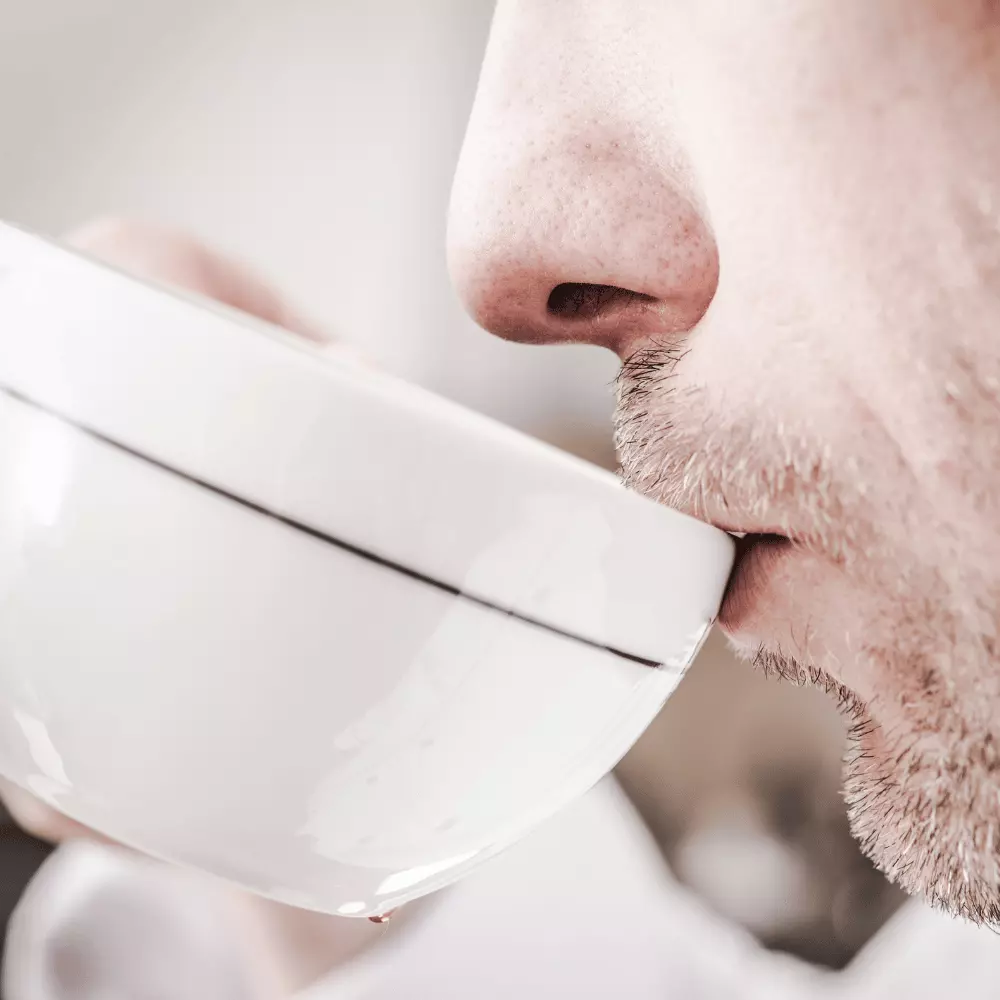
The Ideal Amount of Coffee Intake during Fasting
Determining the optimal coffee intake during fasting can be a complex process and is influenced by several factors, including the individual’s goals and the type of fasting being practiced. Generally, consuming one to two cups of black coffee per day is deemed safe and can provide numerous benefits such as enhanced concentration, decreased appetite and food cravings, and support for weight loss. However, it is crucial to pay attention to the cues that the body provides and modify coffee consumption accordingly to avoid unfavorable outcomes.
Influential Factors When Determining Coffee Consumption
Various factors play a pivotal role in determining the ideal coffee consumption during fasting, including the individual’s objectives, the type of fasting practiced, the individual’s tolerance to caffeine, and any underlying medical conditions. Individuals with a low caffeine tolerance may need to make adjustments to their coffee intake to avoid undesired effects, such as jitteriness, anxiety, or insomnia. Additionally, individuals with medical conditions such as hypertension or heart disease should regulate their coffee intake to prevent exacerbating their condition.
Counteracting Negative Effects of Excessive Coffee Consumption
Excessive coffee consumption during fasting can have undesirable effects such as dehydration, digestive issues, and disruptions in sleep patterns. Furthermore, adding cream or sugar to coffee can break the fast and nullify its benefits. To mitigate the negative consequences of excessive coffee intake, it is essential to listen to the body’s signals and tailor coffee consumption accordingly. The recommended approach is to consume one to two cups of black coffee per day and avoid consuming coffee too late in the day to prevent sleep disturbances. It is also vital to maintain adequate hydration by drinking plenty of water during the fasting period.
Exploring Substitutes for Coffee During Fasting
While coffee is a widely preferred beverage during fasting, it may not be suitable for everyone. For individuals who are seeking alternative beverages, there are various options available. In this section, we will investigate alternative beverages during fasting, including permitted beverages, the advantages and disadvantages of different alternatives, and guidelines for selecting the right beverage based on your objectives.
Other Beverages Permitted During Fasting
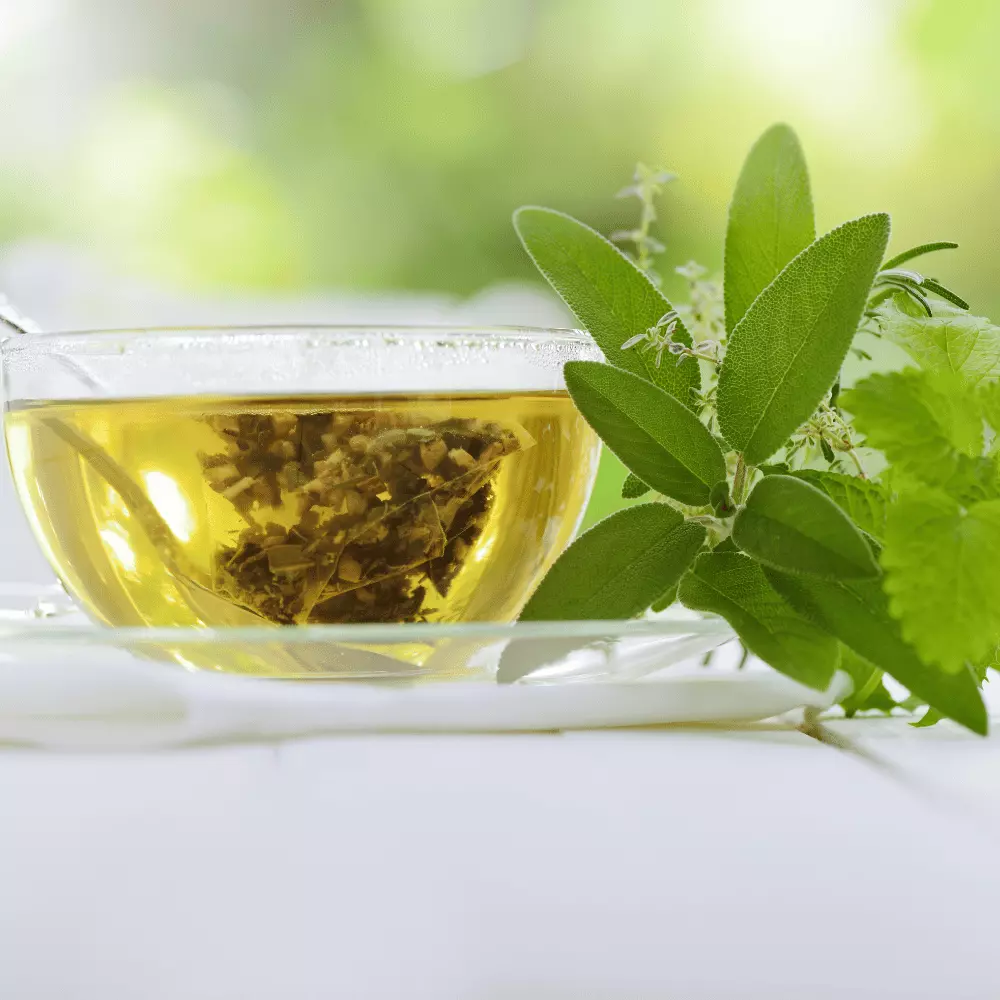
Other beverages are permitted during fasting, such as water, herbal tea, and bone broth. Water is an essential component of fasting as it supports hydration and facilitates the elimination of toxins from the body. Herbal tea is a low-calorie beverage that provides several benefits, such as relaxation and stress reduction. Bone broth is a nutrient-dense beverage that offers numerous advantages, including improved gut health and support for the immune system.
Advantages and Disadvantages of Different Alternatives
Each alternative beverage during fasting offers unique benefits and drawbacks. Water is essential for hydration and toxin elimination but does not provide any nutrients or taste. Herbal tea can provide benefits such as relaxation and stress reduction, but it may not be suitable for individuals who are sensitive to caffeine. Bone broth is nutrient-dense and beneficial for gut health and immune system support, but it may not be the optimal choice for individuals who are fasting for weight loss.
Choosing the Right Beverage to Meet Your Objectives
Choosing the appropriate beverage during fasting depends on individual objectives and the type of fasting. For individuals fasting for weight loss, consuming water or herbal tea can be advantageous as they are low in calories and can help reduce appetite. For individuals fasting for religious or spiritual purposes, the beverage choice may depend on their beliefs and practices. Additionally, individuals with pre-existing medical conditions, such as high blood pressure or diabetes, may need to consult a healthcare provider to determine the most suitable beverage.
In conclusion, while coffee is a popular beverage during fasting, it is not the only option. There are various alternatives available for individuals who cannot or choose not to consume coffee. It is essential to consider factors such as individual goals, caffeine tolerance, and underlying medical conditions when determining the ideal beverage. By selecting the appropriate beverage and being attentive to the body’s signals, individuals can reap the benefits of fasting while supporting their overall health and well-being.
Conclusion
An intricate and complex inquiry among the spheres of health and fasting enthusiasts remains open-ended and hotly debated: Can one ingest coffee whilst fasting? Despite some arguments suggesting that the act of drinking coffee during a fast can be advantageous in several respects, others vehemently oppose it, claiming that it negates the effects of fasting altogether. In this article, we delved into the multifarious types of fasting, the underlying science of fasting, and the consequential impact of coffee on fasting. We also furnished guidelines on fasting whilst sipping coffee, including the ideal time to partake of coffee, the optimal quantity to consume, and alternatives to coffee during a fast.
To summarize, whether one chooses to drink coffee during a fast is contingent upon their objectives and the specific type of fast they are undertaking. An individual’s receptiveness to their body and a willingness to adapt their coffee consumption accordingly is of utmost importance to avoid adverse effects. Furthermore, the selection of the right beverage that aligns with one’s goals and supports overall health and well-being is critical.
In brief, the practice of drinking coffee while fasting may bring forth several benefits, such as an increase in energy and concentration, a decrease in appetite and food cravings, and the promotion of weight loss. Nevertheless, it may also result in dehydration and digestive issues. We must, therefore, carefully deliberate the pros and cons of drinking coffee while fasting, drawing upon informed and intelligent decision-making based on individual preferences and necessities.
FAQ
Does Coffee Affect Fasting?
Consuming coffee while in a fasted state can potentially impart an array of advantageous outcomes, including the bolstering of energy levels and concentration, diminishing appetite and food cravings, and facilitating weight loss. However, introducing additives like cream or sugar to your coffee can impede the fast and render its benefits futile.
How Much Coffee Can I Drink During Fasting?
The quantity of coffee that one should consume during a fast largely depends on their objectives and the type of fast that they are undergoing. In general, consuming one to two cups of black coffee per day is deemed a safe practice that can provide several benefits. However, it is critical to stay cognizant of your body's response to the intake of coffee and adjust your consumption according to any potential adverse effects.
Can I Add Cream to My Coffee While Fasting?
Incorporating cream or sugar into your coffee during fasting can prove to be detrimental to the fast and negate its potential benefits. It is highly recommended to steer clear of any additives while consuming coffee during a fast and resort to having it black.
Can I Drink Coffee With Stevia While Fasting?
Stevia, being a natural sweetener, does not contain any calories and is generally considered to be a permissible liquid during a fast. However, it is imperative to thoroughly examine the ingredients of the stevia product to ensure that it doesn't contain any additional substances or fillers that could impact the fast.
Will Drinking Black Coffee Break My Fast?
Typically, consuming black coffee during a fast is considered to be a safe practice and can potentially result in multiple benefits, including the elevation of energy and focus, suppression of appetite and food cravings, and the promotion of weight loss. However, incorporating additives like cream or sugar into your coffee can disrupt the fast and nullify its effects.
